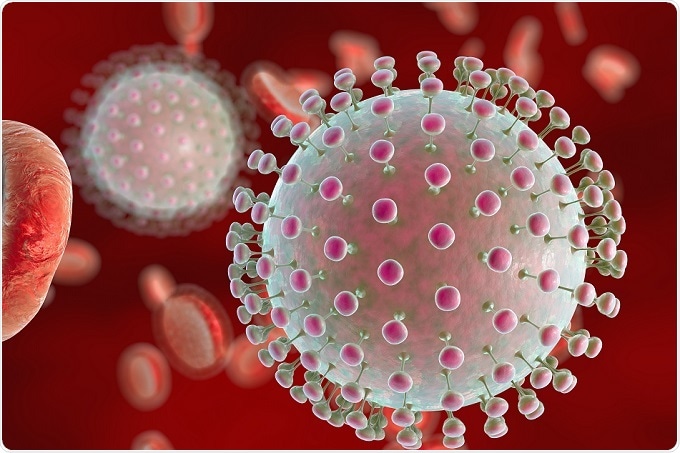Yesterday, Florida Department of Health reported the first case of sexually transmitted Zika virus this year.
 Credit: Kateryna Kon/Shutterstock.com
Credit: Kateryna Kon/Shutterstock.com
Zika virus is a flavivirus transmitted by Aedes mosquitoes, which are found throughout much of the Americas and are also responsible for the transmission of dengue fever and chikungunya fever.
Zika virus was first detected in Uganda in 1947, but infections were restricted to African monkeys. The first infection of a human with the Zika virus occurred in Brazil in 2015. Since this was a new type of viral infection, people had no natural immunity and Zika spread rapidly across Brazil and into 22 other countries in the region.
There were even several cases of residents in the Wynwood Arts District of Miami acquiring Zika from local mosquitoes. By late 2016, the Zika virus had reached Asia, with a number of smaller outbreaks occurring in South Eastern Asian countries.
Although Zika infection is not life-threatening—symptoms, if any, are typically mild and short-lived— there are concerns that it is associated with birth defects. When Zika virus is contracted by women in the early stages of pregnancy it may interfere with brain development in the embryo, causing the baby to be born with an undersized brain (microcephaly).
A global response to limit the epidemic included mosquito control and travel restrictions. In addition, people returning from Zika-infected countries were required to continue using insect repellent to avoid transmission of the virus to local mosquitoes and to use condoms during sexual intercourse to avoid direct transmission.
Although data are limited, it is generally accepted that sexual intercourse is one route for transmission of the Zika virus. In 2016, sexual transmission of Zika virus was reported in eleven countries (United States of America, Italy, France, Germany, New Zealand, Argentina, Chile, Peru, Portugal, Canada, Spain). Furthermore, Zika virus has been detected in the semen of men exposed to the virus in seven separate studies.
The first case of sexually transmitted Zika virus in 2017 was reported yesterday by The Florida Department of Health. There is no evidence of mosquito transmission of Zika virus having occurred anywhere in Florida.
The majority of the 118 reported cases of Zika infection in Florida during 2017 have been related to travel to infected areas. In the current case, a woman in Pinellas County, Florida, who had not travelled from Florida, tested positive for Zika virus. Her partner had recently returned from Cuba and suffered symptoms consistent with Zika infection. Testing revealed that he too was infected with Zika.
In response to this case, appropriate mosquito reduction activities have been initiated. People are reminded of the importance of being vigilant during travel in areas known to have the Zika virus and on their return home to prevent infection with the Zika virus. This case study highlights the importance of using condoms during sexual intercourse after visiting a Zika-infected area in addition to using mosquito repellents and barriers.